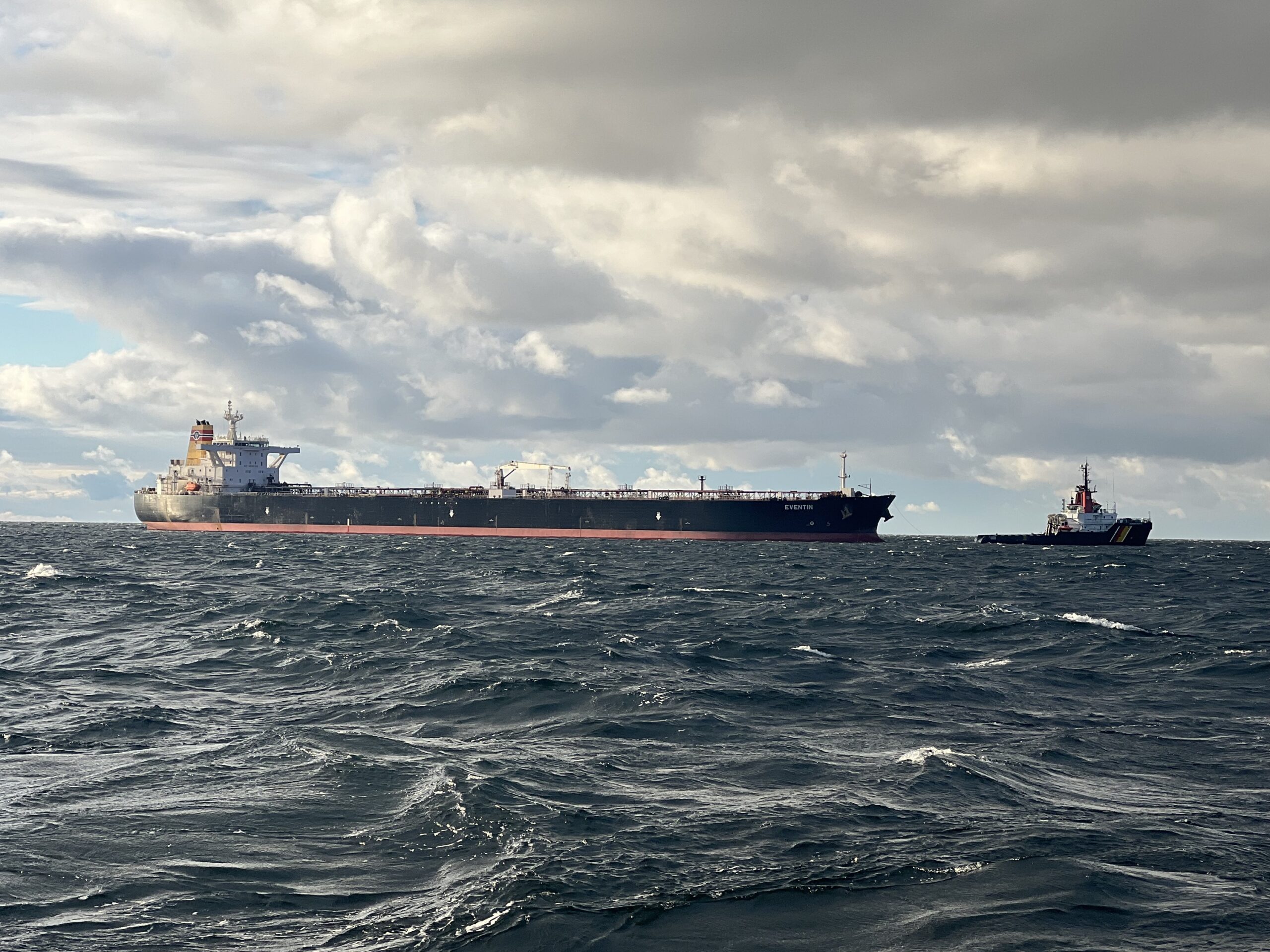(Bloomberg) — Oil traders are mispricing crude futures for later this decade because they’re underestimating how a collapse in spending will affect supplies, according to consultants who advise energy producers and analysts.
Prices could rise to about $100 a barrel by 2019, about 34 percent above where Brent crude oil futures for that year are trading, says JBC Energy GmbH, a Vienna-based company that’s followed oil markets for more than two decades. Energy suppliers cut about $126 billion of expenditure following last year’s price drop of almost 50 percent, estimates Wood Mackenzie Ltd., an Edinburgh-based consultant.
Oil plunged as OPEC responded to a global glut by insisting that suppliers outside the 12-nation group join in any effort to eliminate the surplus, keeping its own output unchanged at 30 million barrels a day. The investment decline is at odds with how future oil prices traded this year: immediate ones have started to recover from the crash, while those for the end of decade have continued their slump, as this graphic shows.
“The longer and the lower the current oil price slump goes on, the faster and higher the bounceback in the oil price will be further down the line,” Luke Parker, director of corporate research at Wood Mackenzie, said by phone April 24. “There have been volumes taken out of future production growth.”
While the most-traded front-month contract for Brent rallied 13 percent to about $65 a barrel this year, it remains 43 percent below where it was in June. Later-year futures may have dropped as a result of producers using the contracts to hedge future sales prices, says JBC Energy.
Brent for June settlement fell 17 cents to $64.66 a barrel on the London-based ICE Futures Europe exchange at 11:17 a.m. local time.
$90 a Barrel
Royal Dutch Shell Plc, Europe’s largest oil company, assumed oil prices will average $90 a barrel from 2018 to 2020 when it said it intended to acquire BG Group.
December 2020 Brent futures dropped about 5 percent this year to $75 a barrel and by 24 percent since July. Prices will probably rise above that level by the end of the decade, according to Parker.
“Our view is that we will see another spike in oil prices in 2019 above $100 per barrel for Brent,” said David Wech, managing director of JBC. “Globally, every year we have to replace about 3 to 3.5 million barrels per day of natural decline and that will be a challenge for the global upstream industry and the U.S. shale industry alone cannot counter balance that.”
The industry has cut its per-barrel costs for extracting oil by about $18 to $72 a barrel for 50 of the world’s biggest producers, Wood Mackenzie estimates. Still, reduced investment will have more influence on long-term prices than any savings that can be made, said Paul Horsnell, a London-based analyst at Standard Chartered Bank Plc.
“We find it inconsistent that prices could possibly stay low for an extended period given the degree of supply-side damage that’s been done,” Horsnell said.

 Join The Club
Join The Club











